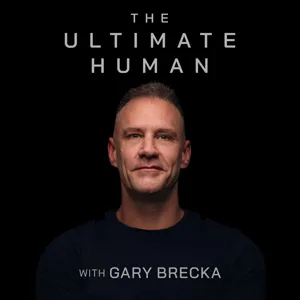#218 Do cranberries help with UTIs? With Dr Rupy

This is a question I’m asked all the time as a GP!
In todays episode we’ll go into cranberries in a bit more detail, the chemicals in cranberries that exert benefits and what the mechanism of action could be.
I go into the controversies around these recent Cochrane findings, what we know and what we don’t know as well as the type of product that I recommend people try if they are interested in UTI prevention.
Of course we talk about gut microbes and their impact on berries, and a wider discussion about how to choose supplements and why I prefer whole food supplements rather than individual micronutrients.
Other products that may have benefits
🎬 Watch the podcast on YouTube here
📱 Download The Doctor’s Kitchen app for free
You can download The Doctor’s Kitchen app for free to get access to all of our recipes, with specific suggestions tailored to your health needs and new recipes added every month. We’ve had some amazing feedback so far and we have new features being added all the time - check it out with a 14 day free trial too.
Do check out this week’s “Eat, Listen, Read” newsletter, that you can subscribe to on our website - where I send you a recipe to cook as well as some mindfully curated media to help you have a healthier, happier week.
🥗 Join the newsletter and 7 day meal plan
🐦 Tweet me
We would love to get your feedback on the subject matter of these episodes - please do let me know on our social media pages (Instagram, Facebook & Twitter) what you think,and give us a 5* rating on your podcast player if you enjoyed today’s episode.
Hosted on Acast. See acast.com/privacy for more information.









